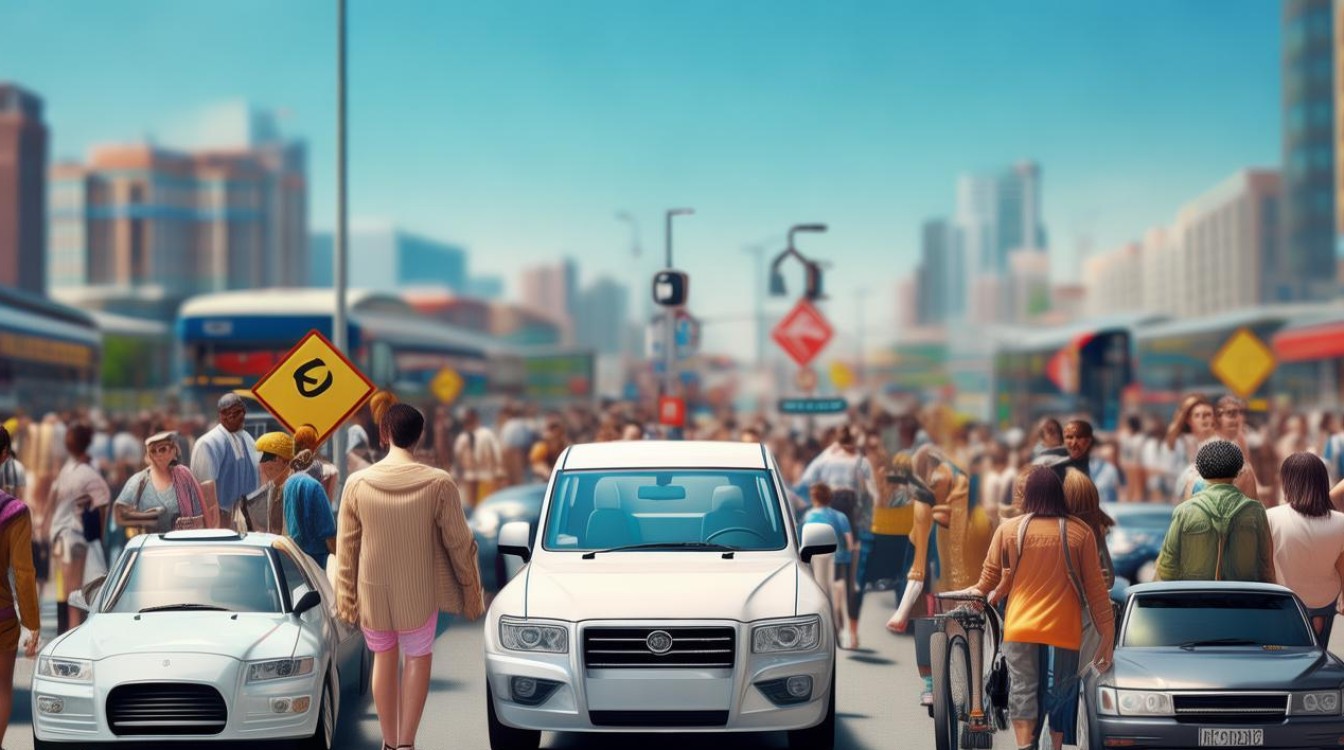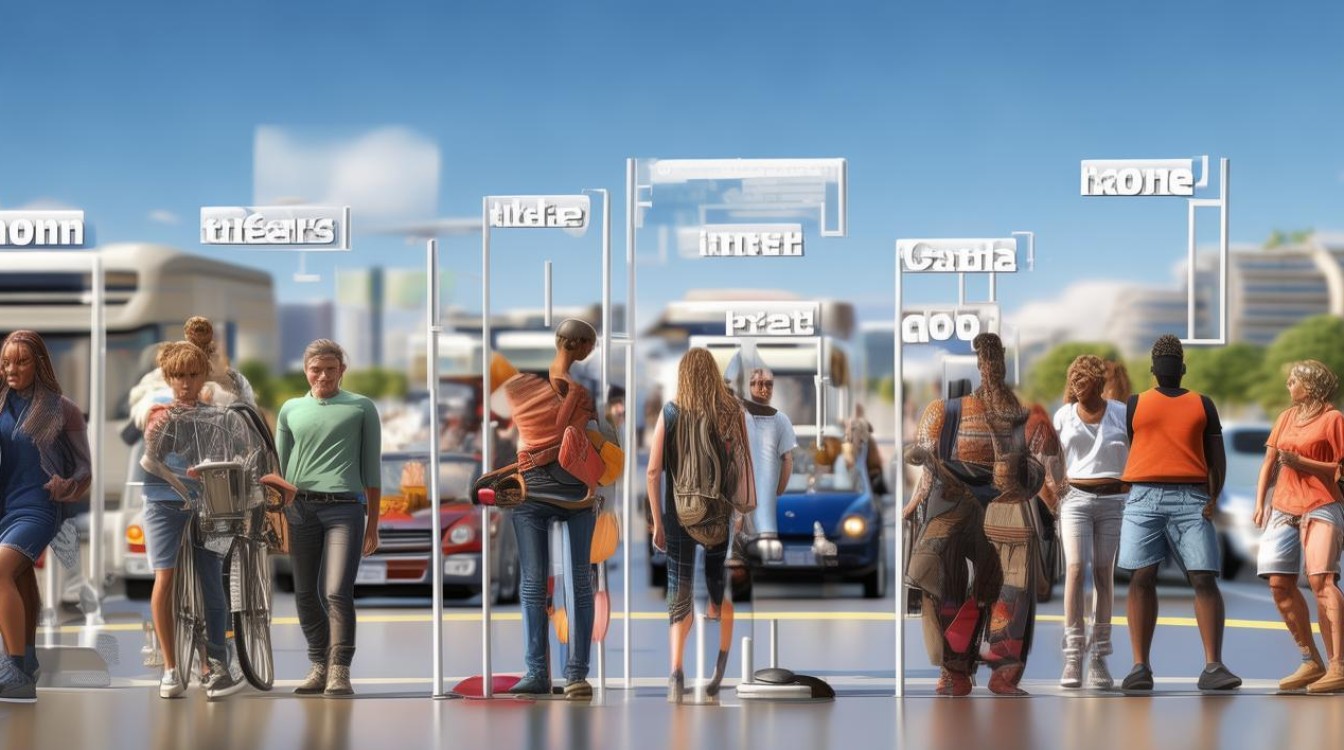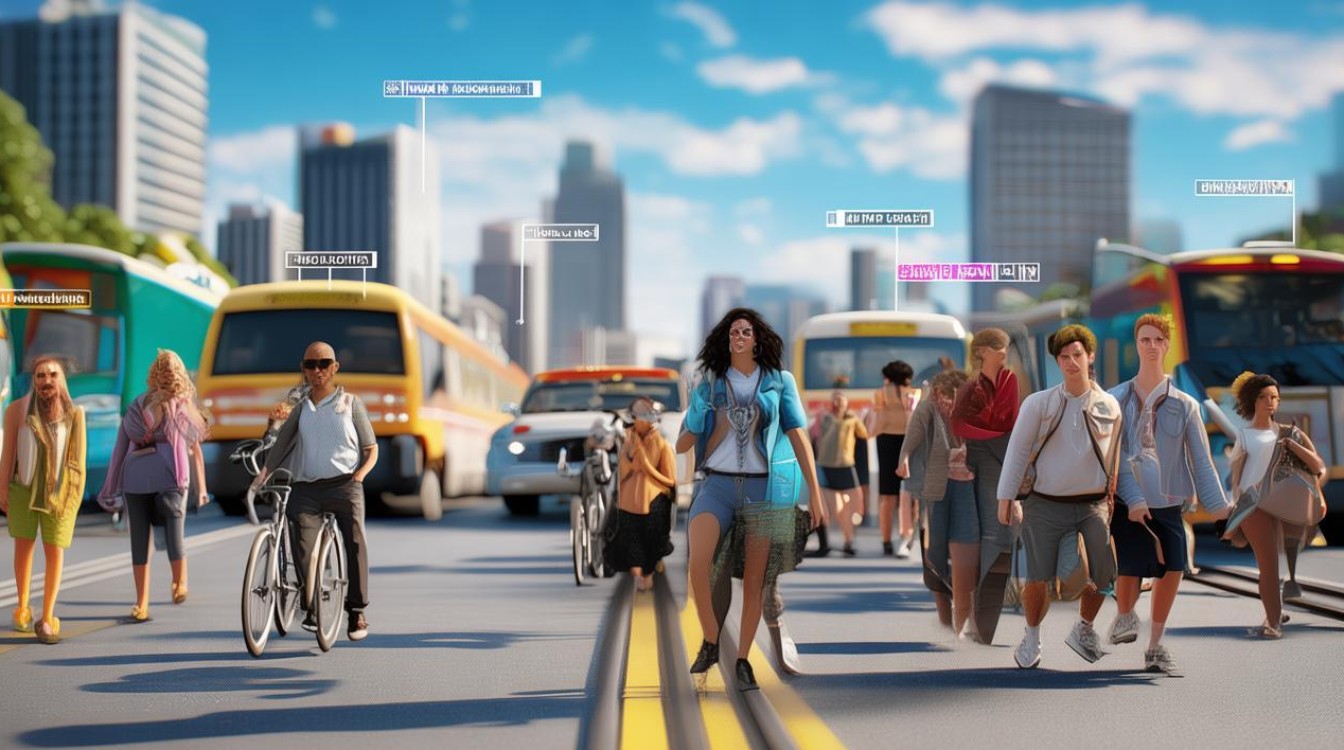Transportation is a universal aspect of daily life, and mastering the related English vocabulary can enhance communication for travelers, professionals, and language learners. Whether discussing road signs, public transit, or driving rules, a strong grasp of these terms ensures clarity and safety. Below is a comprehensive guide to key English words and phrases related to traffic, vehicles, and infrastructure.

Road Types and Infrastructure
Understanding different types of roads and their features is fundamental for navigation and driving discussions.
- Highway – A major road designed for fast travel between cities.
- Freeway / Motorway – A high-speed road with no tolls (freeway) or toll roads (motorway in some regions).
- Expressway – A controlled-access highway for rapid transit.
- Boulevard – A wide street, often lined with trees.
- Alley – A narrow passage between buildings.
- Roundabout – A circular intersection where traffic flows counterclockwise.
- Pedestrian crossing / Crosswalk – A marked path for people to cross the street.
- Speed bump – A raised section of road to slow vehicles.
- Tunnel – An underground or underwater passage for vehicles.
- Bridge – A structure spanning a physical obstacle like a river.
Vehicles and Their Components
From bicycles to trucks, vehicles have distinct names and parts worth knowing.
Types of Vehicles
- Sedan – A standard passenger car with four doors.
- SUV (Sport Utility Vehicle) – A larger, rugged vehicle for varied terrain.
- Truck / Lorry – A heavy vehicle for transporting goods (truck in American English, lorry in British English).
- Motorcycle – A two-wheeled motor vehicle.
- Bicycle / Bike – A human-powered two-wheeler.
- Bus – A large vehicle carrying multiple passengers.
- Taxi / Cab – A hired car with a driver.
- Tram / Streetcar – A rail vehicle running on city streets.
- Subway / Metro – An underground urban rail system.
Vehicle Parts
- Steering wheel – Controls the direction of the car.
- Brake pedal – Slows or stops the vehicle.
- Accelerator / Gas pedal – Increases speed.
- Headlights – Front lights for night driving.
- Windshield / Windscreen – The front window.
- Tire / Tyre – The rubber wheel covering (American vs. British spelling).
- License plate / Number plate – The vehicle’s registration identifier.
Traffic Signs and Signals
Road signs convey critical information through symbols and words.

Regulatory Signs
- Stop sign – Requires a complete halt.
- Yield sign – Instructs drivers to give way.
- Speed limit sign – Indicates maximum allowed speed.
- No entry sign – Prohibits vehicles from entering.
- One-way sign – Shows traffic flows in a single direction.
Warning Signs
- Sharp turn ahead – Alerts to an upcoming curve.
- Pedestrian crossing – Warns of foot traffic.
- Slippery road – Indicates hazardous conditions.
- Deer crossing – Signals potential wildlife on the road.
Informational Signs
- Rest area – Indicates a place to stop and rest.
- Fuel station – Shows where to refuel.
- Hospital sign – Directs to medical facilities.
Public Transportation Terms
For those using buses, trains, or subways, these terms are essential.
- Ticket – A pass for travel.
- Fare – The cost of a journey.
- Platform – The area where passengers board trains.
- Schedule / Timetable – Lists departure and arrival times.
- Delay – When a service is late.
- Transfer – Moving from one line or vehicle to another.
- Rush hour – Peak travel times with heavy congestion.
Driving and Traffic Rules
Safe driving requires understanding laws and common phrases.
- Right of way – The legal priority to proceed.
- Jaywalking – Crossing the street illegally.
- Tailgating – Driving too closely behind another car.
- Overtake / Pass – Moving ahead of another vehicle.
- Merge – Combining lanes smoothly.
- Detour – An alternative route due to road closures.
- Traffic jam / Gridlock – Heavy congestion halting movement.
Air and Sea Travel Vocabulary
Transportation extends beyond roads, including air and water travel.

Air Travel
- Boarding pass – The document allowing plane entry.
- Departure gate – Where passengers board flights.
- Baggage claim – Area to retrieve checked luggage.
- Runway – The strip where planes take off and land.
Maritime Terms
- Port – Left side of a ship (also a harbor).
- Starboard – Right side of a ship.
- Dock – Where ships load and unload.
- Anchor – A device to moor a vessel.
Common Phrases for Travelers
Useful expressions for navigating transportation scenarios:
- "How do I get to…?" – Asking for directions.
- "Is this seat taken?" – Inquiring about availability.
- "When is the next bus?" – Checking schedules.
- "I need a ticket to…" – Purchasing transit passes.
- "Where is the nearest subway station?" – Locating public transport.
Mastering transportation vocabulary enhances travel experiences, ensures safety, and improves communication. Whether driving, cycling, or flying, these terms provide the foundation for smooth journeys. For further learning, consider practicing with maps, transit apps, or language exchange partners—every word brings you closer to confident navigation.

